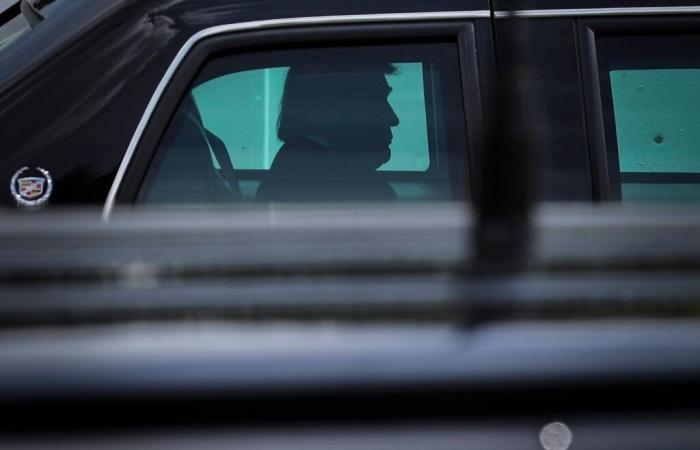From his inauguration speech on Monday January 20, the Trump steamroller demolished the electric car and the Biden measures to take motorists towards decarbonization: “We will revoke the electric vehicle mandate, saving the auto industry and fulfilling my sacred commitment to America's auto workers. You can buy the car of your choice. »
The president then signed a decree revoking the target of 50% electric vehicle sales in 2030. A target, rather than a quota, that the Biden administration wanted to achieve by reducing, for each manufacturer, emissions of CO2 per vehicle, all engines combined. A strategy based on anti-pollution standards, just like in Europe.
A tax credit for the purchase of electric cars in the viewfinder
In this decree is envisaged “elimination of unfair subsidies” which influence the choice of vehicles. Targeted, above all: the federal tax credit of a maximum amount of 7,500 dollars (7,190 €) granted to buyers of a car running on electricity.
Enough to put the brakes on electric vehicles, which last year saw sales increase by 7.3%, to 1.3 million units (8% of the market). But, nuance Maria Lee, analyst at Sia Partners, it is difficult to know if and to what extent this trend will be reversed. “Because the United States is a decentralized country. And some states have adopted a very proactive policy regarding electric vehicles. This is particularly the case for California, the country's largest automobile market, which like Europe has decided to ban the sale of new thermal vehicles from 2035.”
Specifically, the new decree plans to put an end, “where appropriate, to emissions waivers granted to states that limit sales of gasoline-powered cars.”
The evolution of the market will also depend on the development, or not, of the network of charging stations. “If the federal government cuts its subsidies, states could do the same,” Maria Lee anticipates.
-Automakers appeal to Donald Trump
At first glance, Donald Trump's announcements upset the business of Elon Musk, head of Tesla – 46% share of the electric market in 2024. Unless we do not push other manufacturers on the road to Electricity protects it from massive competition. The one who is now Minister of Government Efficiency considers that the historic manufacturers, Ford, General Motors and Stellantis (which houses American brands like Chrysler and Jeep) have more to lose than Tesla.
In November, the Alliance for Automotive Innovation, which brings together General Motors, Toyota, Volkswagen and Stellantis, sent an open letter to Donald Trump asking him to preserve the tax credit for the purchase of an electric vehicle . “Manufacturers have invested billions in this engine, and it is unlikely that they will completely change their strategy,” estimates Clément Molizon, general delegate of Avere, the National Association for the development of electric mobility.
The very diplomatic reaction of Stellantis
Stellantis, which says it has “prepared the conditions to reach 50% electric for passenger cars and light commercial vehicles in the United States in 2030”, is today bursting with a diplomatic reaction: “President Trump's clear focus on policies that support a robust and competitive industrial base in the United States is extremely positive, and we look forward to working with him on the critical goals of strengthening our industry and economy of the nation. »
While the European Commission opens a strategic dialogue on the automobile industry on January 30, the 180-degree turn made by Donald Trump comforts those who, in Europe, want to question the decarbonization timetable. “Some manufacturers could be encouragedto concentrate their efforts in favor of electricity in Europe”, nevertheless wants to believe Clément Molizon.






